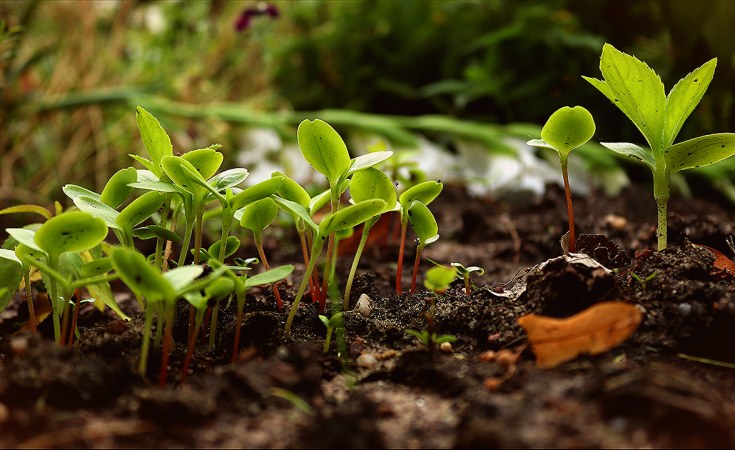On the 5th of June 2024, the world comes together once again to commemorate World Environment Day, a global event dedicated to raising awareness and taking action on pressing environmental issues.
This year, under the theme of "Land Restoration for Climate Resilience," the focus is on the critical importance of restoring and preserving our land to combat climate change and ensure a sustainable future for generations to come.
The choice of theme couldn't be more timely or crucial. Land degradation and deforestation are accelerating at an alarming rate, exacerbating the effects of climate change and threatening biodiversity, food security, and livelihoods around the world. As temperatures rise, weather patterns become more erratic, and natural disasters increase in frequency and intensity, the need to restore and protect our land has never been more urgent.
Land restoration is not just about planting trees or reclaiming degraded soil; it's about reimagining our relationship with the land and adopting sustainable practices that promote resilience in the face of climate change. By restoring degraded ecosystems, we can enhance carbon sequestration, mitigate the impacts of droughts and floods, and safeguard biodiversity.
The implications of this theme for future generations cannot be overstated. If we fail to act now, we risk leaving behind a planet ravaged by environmental degradation and climate chaos. Future generations will inherit a world where food and water scarcity are rampant, where natural disasters displace millions, and where entire ecosystems are on the brink of collapse.
But it's not too late to change course. Governments, civil society organizations, NGOs, and the private sector all have a crucial role to play in this fight against climate change. By prioritizing land restoration and adopting sustainable land management practices, we can mitigate the worst effects of climate change and build a more resilient future for all.
Government agencies must enact and enforce policies that promote sustainable land use and conservation. This includes measures to protect forests, wetlands, and other critical ecosystems, as well as incentives for farmers and landowners to adopt sustainable agriculture and forestry practices.
Civil society organizations and NGOs play a vital role in raising awareness, mobilizing communities, and advocating for policy change. Through grassroots initiatives and community-led projects, they can empower local communities to take ownership of land restoration efforts and foster a sense of stewardship for the environment.
The private sector, too, has a responsibility to invest in sustainable land management practices and reduce its environmental footprint. Whether through corporate sustainability initiatives, supply chain management, or green investment strategies, businesses can drive positive change and help build a more sustainable economy.
As we reflect on the importance of land restoration for climate resilience, it's essential to learn from past experiences and the devastating effects of climate change in some places in Uganda. In recent years, most parts of Uganda have experienced more frequent and severe droughts, floods, and landslides, resulting in loss of life, destruction of infrastructure, and disruption of livelihoods. These events serve as a stark reminder of the urgent need to address climate change and its impacts on vulnerable communities.
World Environment Day 2024, therefore, serves as a rallying cry for action on land restoration and climate resilience. By embracing this year's theme and working together across sectors and borders, we can build a more sustainable future for ourselves and for generations to come. The time to act is now, and the stakes could not be higher.


